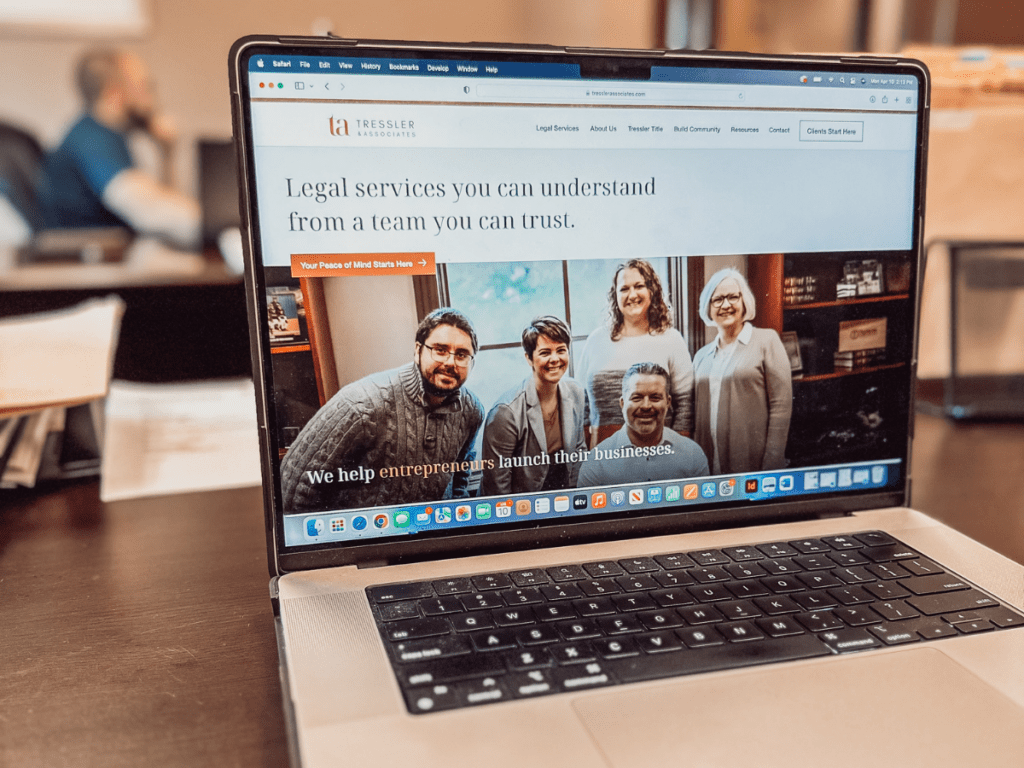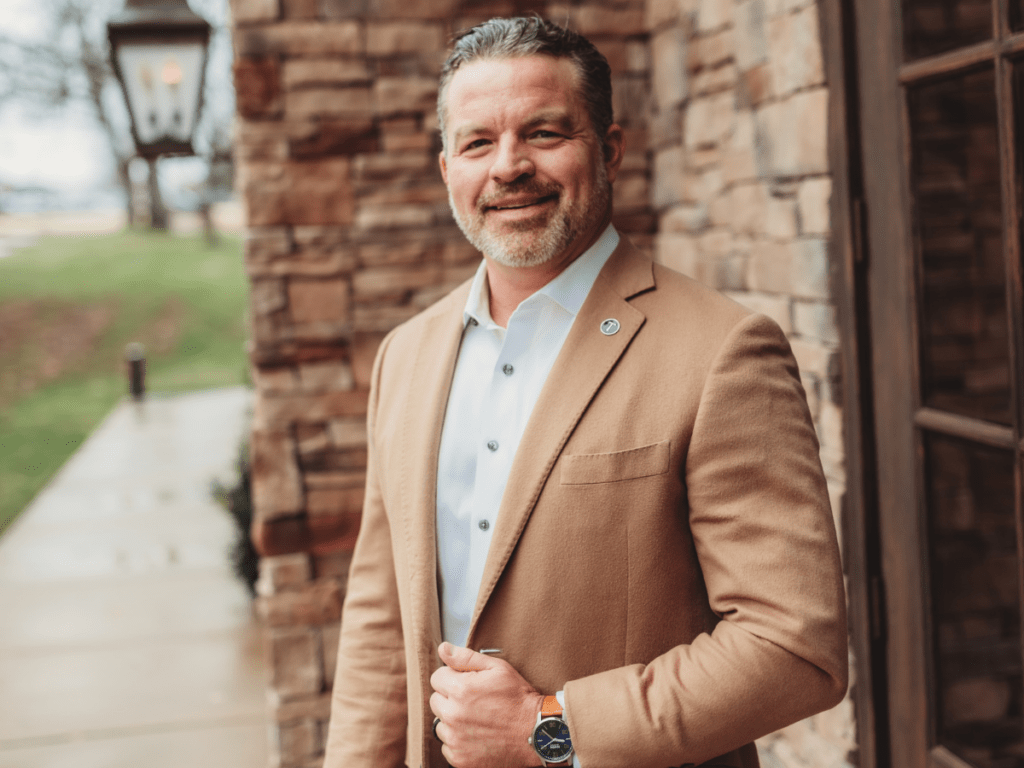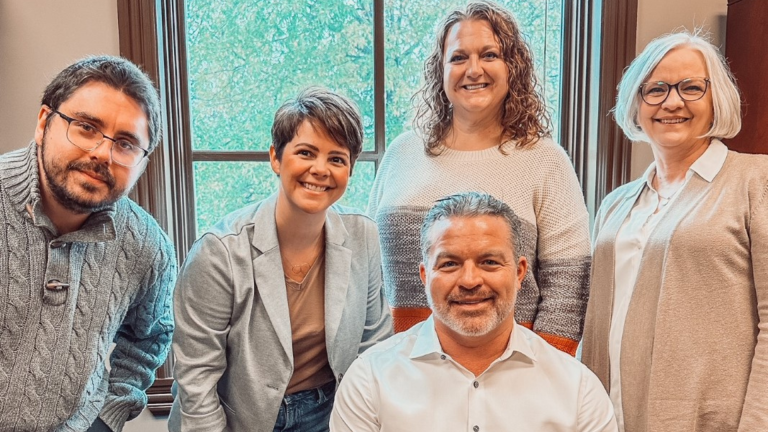Photo Credit: James Williams Photography
Want to know the answers to the most frequently asked questions we get from our clients? Check out the top Tressler FAQ and answers.
As a law firm, we get asked lots of questions every day. We don’t mind because we understand people make better decisions when they are fully informed. It’s one of the many ways we are committed to being different from other law firms. We never want you to feel afraid to contact our team. Afterall, you are the reason we do what we do and answering your questions is one way we can help.
These questions are the most asked for a reason, because legal and title services can sometimes be confusing, and everyone goes through moments in their life when they need a legal team they can trust.
Business Law
Is there a consultation fee to speak with an attorney?
No. At Tressler, we take the time to understand your needs before taking any transactional steps. You will have the opportunity to speak with an attorney about your matter without any upfront financial obligation.
What is a retainer fee?
A retainer fee is an upfront amount of money paid in full for future services performed by our team. We keep our clients updated on the status of their allotted retainer funds as we handle their matter. Should the maximum amount be reached before your matter is complete, our team will reach out before the retainer reaches its limit to discuss next steps. Portions of retainer fees are refunded if the services you requested end up costing less than originally planned. Please reach out to our team if you have any questions about retainer fees.
Do I need an Operating Agreement for my LLC?
Yes. To protect the business’ limited liability status: Operating agreements give members protection from personal liability to the LLC. Without this specific formality, your LLC can closely resemble a sole proprietorship or partnership, jeopardizing your personal liability.
Real Estate Law
Why should I de-title a mobile home on my property?
Mobile homes have a title exactly the same as a motor vehicle. The title shows the name of the person(s) who legally owns the mobile home. The title alone does not make the mobile home a permanent part of the real estate. The de-titling process legally combines the manufactured home with the land. It is often required by lenders before financing.
Why is a title examination important in a real estate transaction?
A title is a document that shows evidence of right or ownership of real property. If you are purchasing a home or commercial property, it is important to make sure the title is reviewed. The proper transfer of ownership will depend on whether the title is clear and can help you avoid future problems if you wish to sell the property at a later date.
When a real estate dispute arises, is litigation the only option?
Disputes are possible in any legal field, including real estate. If you are dealing with any type of real estate dispute, such as a property defect or boundary dispute, you may be able to resolve the matter outside of the courtroom through negotiation. This will usually be an attorney’s first course of action, with litigation only considered if it is impossible to reach an out-of-court agreement.
Title & Escrow
What is title insurance?
Title insurance is a policy that protects you from any issues that may call your ownership into question or keep you from completing your purchase. These issues could include illegal deeds, unknown liens, forged documents, missing heirs and unknown easements. Title insurance provides financial security to address any issues that may arise.
How long does my title insurance policy last?
For a one-time fee, your owner’s title insurance protects your property rights for as long as you or your heirs own the home.
What do I need to bring to my real estate closing?
Some of the items you will need to bring to closing are a photo ID, a cashier’s check made payable to Tressler Title or wire instructions for transferring funds electronically. Don’t worry, our team will reach out before your scheduled closing day to ensure you know all the details and what to expect at closing.
Estate Planning
What is Probate?
Probate is a legal process that validates the last will and testament of a person who has died, appoints an executor (if one is not named in the will) and oversees the distribution of assets outlined in the will. This process occurs before the deceased’s assets can be distributed. Probate also ensures the deceased debts are paid. When the deceased does not leave behind a will, Tennesse’s intestacy laws determine how their assets will be distributed.
What happens if I die without a will?
If you die without a will in Tennessee, your assets will go to your closest relatives under state “intestate succession” laws.
How do I know if I would benefit from a trust?
Here’s a good rule of thumb: If you have a net worth of at least $100,000 and have a substantial amount of assets in real estate, or have very specific instructions on how and when you want your estate to be distributed among your heirs after you die, then a trust could be for you.
Need more answers?
We understand every situation is unique. Don’t hesitate to reach out to our team. We would be glad to speak with you, answer your questions and learn how we can help.



